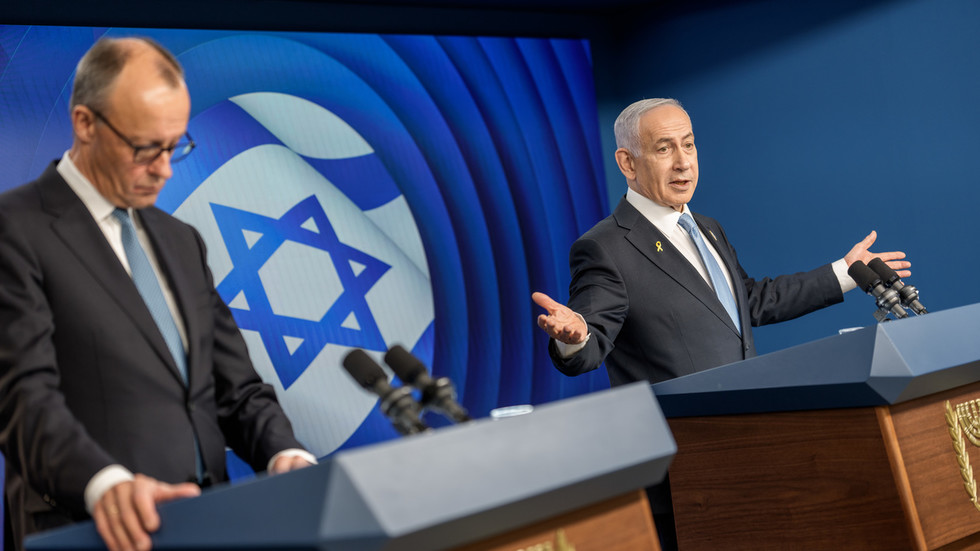US Considers Travel Restrictions on Nearly 40 African Countries
In a move that could significantly impact diplomatic relations and international travel, the United States is considering imposing travel restrictions on nearly 40 African countries. According to an internal State Department cable, these restrictions could be implemented due to concerns over unreliable identity documents, passport security, and the refusal or unwillingness of some countries to receive deported nationals, as reported by Reuters. The cable outlines twelve grounds for threatening travel restrictions, including terrorism and involvement in anti-semitic and anti-American activities, against a total of 36 countries.
The list of affected countries includes major US partners in Africa, such as Kenya, Angola, Egypt, Ethiopia, Ivory Coast, and Nigeria. Other countries that could face restrictions are Benin, Burkina Faso, Cabo Verde, Cameroon, Democratic Republic of Congo, Djibouti, Gabon, Gambia, Ghana, Liberia, Malawi, and Mauritania. Additionally, Niger, Sao Tome and Principe, Senegal, South Sudan, Tanzania, Uganda, Zambia, and Zimbabwe are also named in the cable. These countries have been given a 60-day ultimatum to address Washington’s concerns, failing which they may face partial or full travel bans.
This development comes on the heels of a recent US travel ban imposed on Chad, Congo Republic, Equatorial Guinea, Eritrea, Libya, Somalia, and Sudan. The US has also placed heightened restrictions on travel from Burundi, Sierra Leone, and Togo. The potential travel restrictions on nearly 40 African countries could have far-reaching implications for international relations, trade, and cultural exchange between the US and Africa.
As the situation unfolds, it remains to be seen how the affected countries will respond to the US concerns and whether the proposed travel restrictions will be implemented. One thing is certain, however: the potential consequences of these restrictions will be closely watched by the international community, and the impact on African nations and their citizens could be significant.



